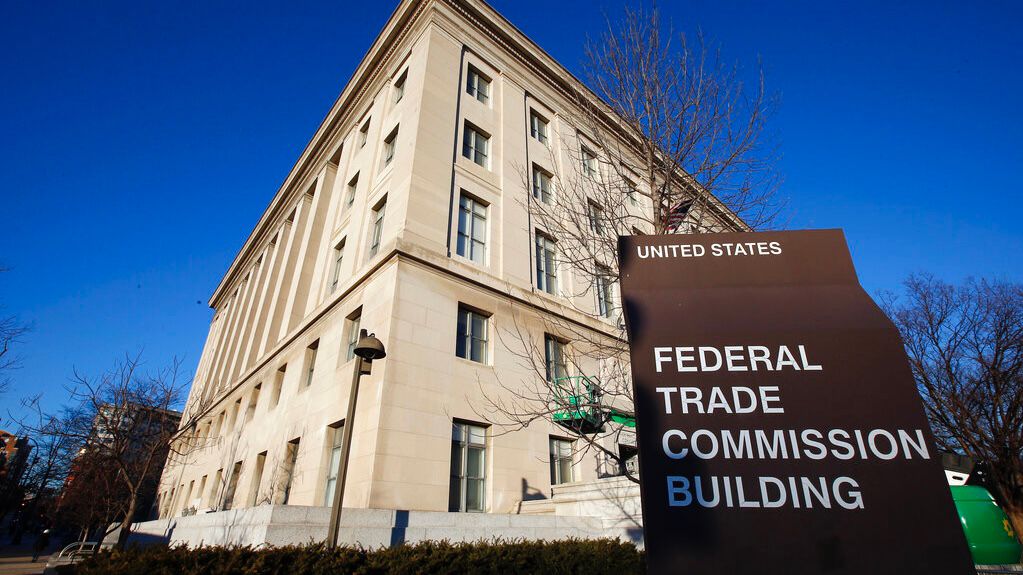The Federal Trade Commission is looking into a handful of companies that offer surveillance pricing services based on consumers’ personal data.
The agency is probing how the companies use consumers’ internet browser and financial histories to customize pricing.
“Firms that harvest Americans’ personal data can put people’s privacy at risk,” FTC Char Lina Khan said in a statement Tuesday. “Now firms could be exploiting this vast trove of personal information to charge people higher prices. Americans deserve to know whether businesses are using detailed consumer data to deploy surveillance pricing, and the FTC’s inquiry will shed light on this shadowy ecosystem of pricing middlemen.”
Surveillance pricing companies are intermediaries that use algorithms, artificial intelligence and personal customer information to categorize individuals and set a targeted price for a product or service, the FTC said. Personal data including locations, demographics, credit histories and shopping histories is collected and used to set custom prices.
The FTC sent information orders to Mastercard, Revionics, Bloomreaach, JPMorgan Chase, Task Software, PROS, Accenture and McKinsey & Co. The agency is hoping to learn what types of surveillance pricing products the companies have produced or licensed, as well as what data collection sources they used to produce them.
It is also asking for information about where the surveillance pricing products and services are offered, what their customers plan to do with the information and how consumer pricing is affected.
The FTC said its goal is “to shed light on how the current data ecosystem may facilitate the ability to target consumers with individual prices.”
A spokesperson for Mastercard told Spectrum News the company has received the request and is cooperating with the FTC.
A spokesperson for Revionics told Spectrum News it "does not develop software that recommends pricing targeted to specific individuals. Revionics does not, in any manner, use individual consumer data. Revionics' AI price optimization software considers numerous, market-level factors when recomending optimal prices to retailers," including competitive prices and historical sales data and often recommends price decreases.
"We are confident that the FTC will affirm the benefits of Revionis' Ai price optimization software pending its research into this matter," Revionics said.
Surveillance pricing isn’t new, according to Groundwork Collaborative Executive Director Lindsay Owens, “but new technologies like better data collection and smarter algorithms are turbocharging it and costing Americans a small fortune. Today’s investigation is an important step in cracking down on the methods big corporations use to spy on consumers to rip them off.”
A report from Groundwork Collaborative earlier this year found that large corporations are using their pricing power to increase profits. In a statement, it said some of the companies receiving the FTC's orders Tuesday use “surveillance targeting and geoanalytics and then spit out advice for retailers on how to hike prices higher, faster and for longer.”



